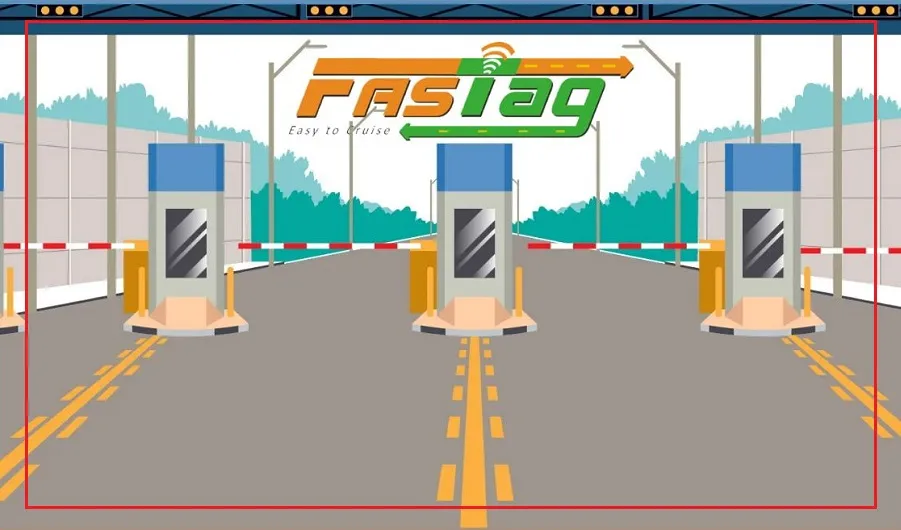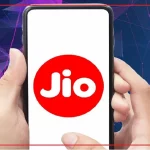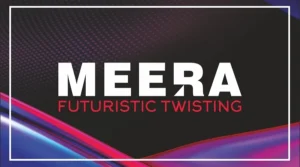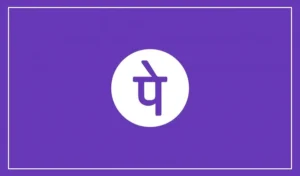The hassle of maintaining balance in your FASTag is now a thing of the past, thanks to a new rule by the Reserve Bank of India (RBI).
As proposed in June, the RBI has now included FASTag and the National Common Mobility Card (NCMC) under the e-mandate framework.
This means that when the balance in your FASTag drops below a certain limit, money will be automatically deducted from your linked bank account and added to your FASTag.
No more frequent recharges are needed, ensuring your vehicle won’t be stopped at toll plazas due to insufficient balance.
How the E-Mandate Framework Works
The e-mandate framework, which was established in 2019, is designed to protect customers’ interests by keeping them informed about debits from their accounts.
The RBI clarified that there is no fixed time limit for payments under FASTag and NCMC; they can occur at any time.
To accommodate this, money will be automatically credited to your account as needed.
Simplified Payment Process
Previously, users had to receive a pre-debit notification at least 24 hours before any money was deducted from their account.
Under the new rule, this notification is no longer required for FASTag and NCMC transactions.
However, all other rules and guidelines of the e-mandate framework will remain unchanged.
This update follows the RBI’s announcement during the monetary policy meeting on June 7, 2024, to include recurring payments for FASTag and NCMC under the e-mandate framework.
What is FASTag?
FASTag is a tag or sticker placed on your vehicle’s windscreen, working on Radio Frequency Identification (RFID) technology.
The toll plaza’s cameras scan the bar code on the sticker, and the toll fee is automatically deducted from the linked FASTag wallet.
The FASTag sticker is valid for five years, after which it needs to be replaced or its validity extended.
























